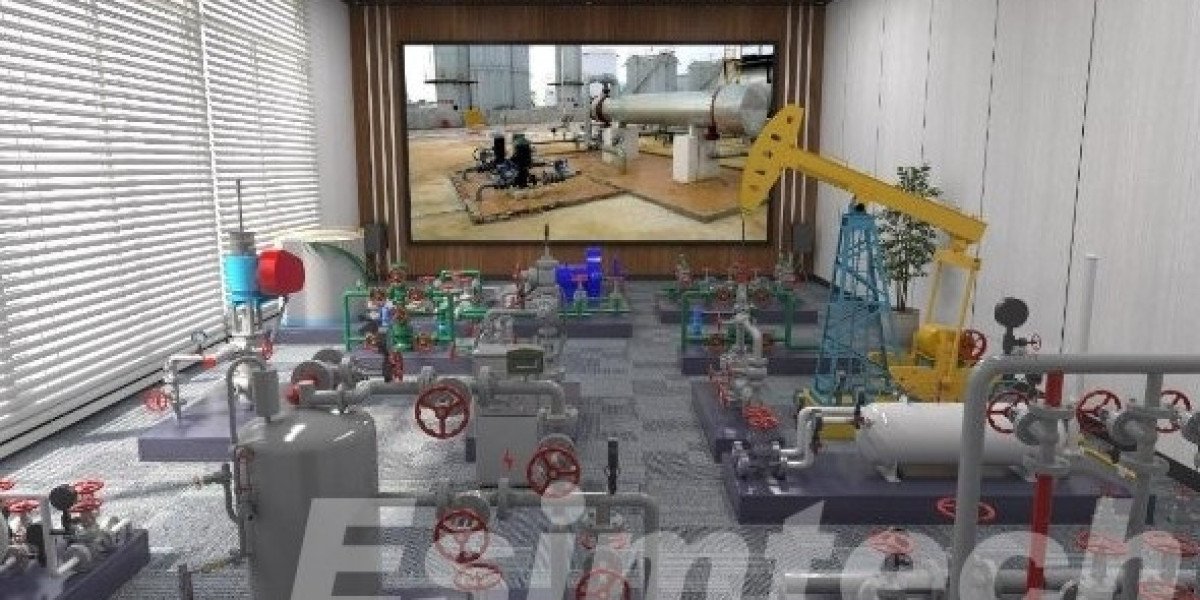Downhole Operation Simulators (DOS) are emerging as a transformative technology, offering significant economic benefits by optimizing drilling operations, reducing costs, and enhancing overall wellbore productivity.
Cost Reduction Through Virtual Optimization:
Traditional drilling carries inherent risks. Real-world mistakes can translate to multi-million dollar consequences. DOS mitigates this by creating realistic simulations of downhole conditions. Companies can test various drilling strategies, wellbore designs, and equipment configurations in this safe, virtual environment. This proactive approach identifies potential issues before mobilizing physical rigs, leading to substantial cost savings.
Maximizing Wellbore Potential:
DOS acts as a virtual drill conductor. By optimizing wellbore trajectories, the technology facilitates the creation of straighter holes. This translates to increased wellbore stability, faster drilling times, and ultimately, a greater yield of oil and gas from each well. This optimization not only increases production but also reduces the number of wells needed to extract a desired volume, further minimizing costs.
Enhancing Worker Safety:
Drilling carries inherent dangers. DOS plays a crucial role in mitigating these risks by allowing crews to train for diverse downhole situations in a virtual world. This virtual training fosters preparedness for unexpected events, leading to a safer work environment and reduced downtime due to accidents.
Boosting Production Efficiency:
By optimizing drilling strategies and minimizing downtime caused by unforeseen problems, DOS significantly improves well production efficiency. Wells come online faster, leading to a quicker return on investment for drilling projects. This efficiency boost allows companies to allocate resources more effectively, further enhancing profitability.
Data-Driven Decision Making:
DOS generates valuable data that can be used to analyze past drilling operations and inform future strategies. This continuous learning loop allows companies to refine their drilling practices, leading to more efficient and cost-effective well development over time.
A Modest Investment with Long-Term Benefits:
While the upfront cost of DOS can be significant, the long-term economic advantages far outweigh the initial investment. The technology is constantly evolving, offering ever-increasing levels of accuracy and functionality, providing a continuously improving return on investment.
Conclusion
Downhole Operation Simulators are transforming the oil and gas industry. By optimizing drilling operations, minimizing risks, and maximizing efficiency, these technologies are driving a more cost-effective and sustainable future for this vital sector. As DOS technology continues to develop, we can expect even greater economic benefits for companies and a more secure energy supply for the world.









